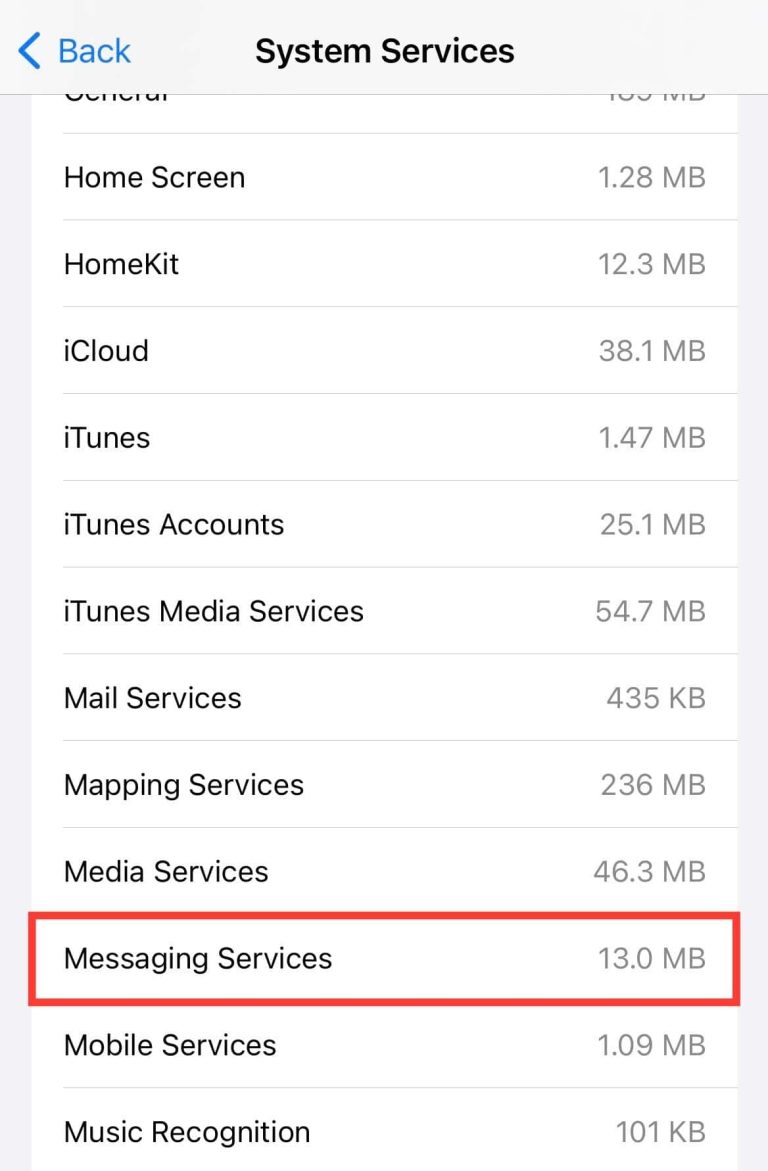In the realm of workplace safety and employee protection, workers’ compensation insurance stands as a cornerstone. It offers a safety net for both employers and employees in the unfortunate event of a work-related injury or illness. While employers typically secure workers’ compensation coverage for their workforce, there are instances where individual workers’ comp insurance becomes a necessity.
In this exclusive article, we delve into the intricacies of individual workers’ comp insurance, exploring its relevance, benefits, considerations, and how to navigate the process of obtaining coverage.
Contents
Understanding Individual Workers’ Comp Insurance
Individual workers’ comp insurance is a type of insurance coverage that provides financial protection to individuals in the event of a work-related injury or illness. It functions similarly to traditional workers’ compensation insurance but is specifically designed for individuals who may not be covered under their employer’s policy.
Who Needs Individual Workers’ Comp Insurance?
- Independent Contractors and Freelancers: Individuals who work independently often lack the protection of an employer’s workers’ compensation policy. Individual workers’ comp insurance can fill this gap, offering coverage in case of a work-related injury.
- Small Business Owners: Some small business owners may opt out of workers’ compensation coverage for themselves to reduce costs. Individual workers’ comp insurance can provide a safety net in such scenarios.
- Domestic Workers: Domestic workers, such as housekeepers or nannies, may not be covered under their employer’s workers’ compensation policy. Individual workers’ comp insurance can ensure they have protection.
- Volunteers: While volunteers generally don’t receive monetary compensation, some organizations offer individual workers’ comp insurance to protect them in case of injury during their volunteer work.
Benefits of Individual Workers’ Comp Insurance
- Medical Coverage: Individual workers’ comp insurance typically covers medical expenses related to a work-related injury or illness, including doctor visits, hospitalization, medication, and rehabilitation.
- Lost Wages: If a work-related injury or illness prevents you from working, individual workers’ comp insurance can provide a portion of your lost wages during your recovery period.
- Disability Benefits: In the event of a permanent disability resulting from a work-related incident, individual workers’ comp insurance may offer disability benefits to help support you financially.
- Death Benefits: In the unfortunate event of a work-related fatality, individual workers’ comp insurance may provide death benefits to the designated beneficiaries.
- Legal Protection: If a legal dispute arises regarding a work-related injury or illness, individual workers’ comp insurance may offer legal assistance and coverage for legal fees.
Factors to Consider When Choosing Individual Workers’ Comp Insurance
- Coverage Limits: Assess the coverage limits offered by different insurance providers. Ensure the policy adequately covers your potential medical expenses, lost wages, and other benefits.
- Deductibles and Premiums: Evaluate the deductibles and premiums associated with different policies. Strike a balance between affordability and adequate coverage.
- Exclusions: Review the exclusions in the policy to understand what types of injuries or illnesses may not be covered.
- Claims Process: Familiarize yourself with the insurance provider’s claims process. Opt for a provider with a streamlined and efficient claims handling procedure.
- Reputation and Financial Stability: Choose an insurance provider with a strong reputation and sound financial stability to ensure they can fulfill their obligations in the event of a claim.
Navigating the Process of Obtaining Individual Workers’ Comp Insurance
- Assess Your Needs: Determine your specific coverage needs based on your occupation, potential risks, and financial considerations.
- Research Insurance Providers: Research different insurance providers that offer individual workers’ comp insurance in your area. Compare their policies, coverage limits, deductibles, premiums, and reputation.
- Obtain Quotes: Contact multiple insurance providers to obtain quotes for individual workers’ comp insurance. Provide them with accurate information about your occupation, income, and any previous work-related injuries.
- Review and Compare Policies: Carefully review the quotes and policies you receive. Compare the coverage, exclusions, deductibles, premiums, and any additional benefits offered.
- Make an Informed Decision: Choose the insurance provider and policy that best aligns with your needs and budget. Ensure you understand the terms and conditions of the policy before finalizing your purchase.
- Maintain Coverage: Once you have obtained individual workers’ comp insurance, make timely premium payments to maintain continuous coverage. Review your policy periodically to ensure it remains adequate for your evolving needs.
Conclusion
Individual workers’ comp insurance plays a vital role in safeguarding the financial well-being of individuals who may not be covered under their employer’s workers’ compensation policy. It provides a safety net in the event of a work-related injury or illness, offering medical coverage, lost wages, disability benefits, and other crucial protections.
Read More: Does Medicaid Cover Laser Hair Removal?






